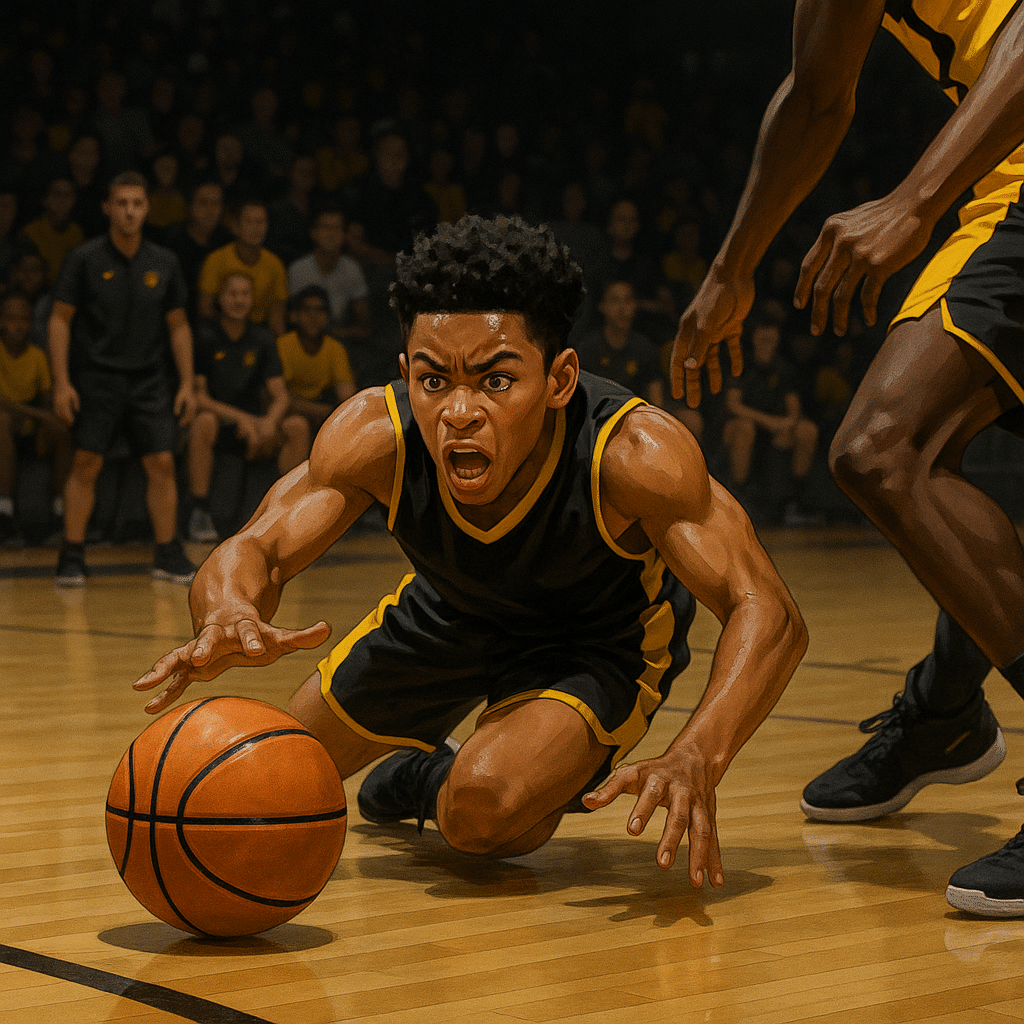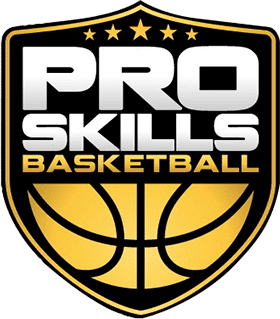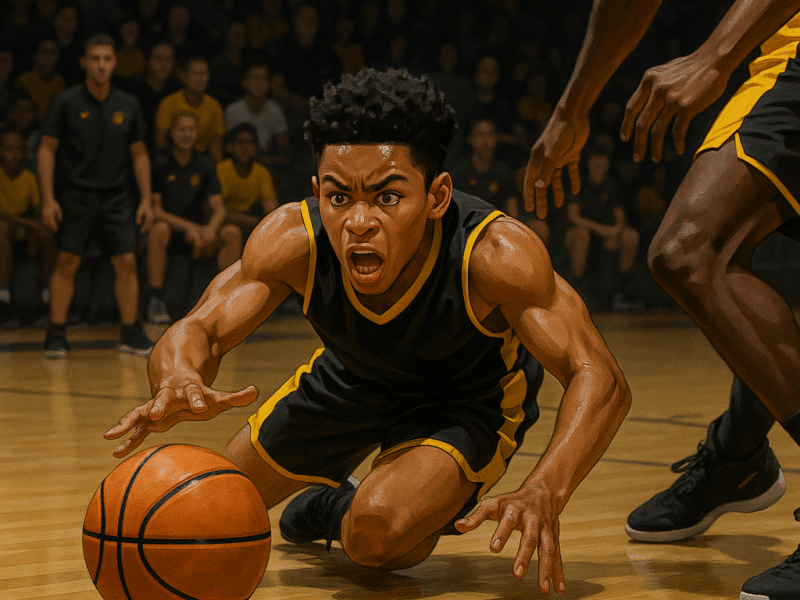
Life Lessons in Youth Basketball: Learning to Compete
At Pro Skills Basketball, we believe youth basketball is about more than just skill development—it’s about life lessons. When we first founded PSB, our goal was to help players, parents, and coaches focus on the values that matter most in a young athlete’s journey.
That’s why we created the F.O.C.U.S. acronym:
Fun, Overcome, Compete, Unity, and Sacrifice.
Originally, the “C” stood for Concentration, but as we worked year-round in the youth basketball world, we realized something deeper: many players struggle not with focus, but with a lack of competitive fire. They loved the game but hadn’t yet learned how to compete.
So, we updated the acronym. Because while focus is important, learning to compete is essential.
View this post on Instagram
The Importance of Competition in Youth Basketball
We see it every day—players who work hard, train for hours, and chase perfection. But when it’s time to face an opponent? Some shy away. They’ve mastered the workout grind but haven’t learned to go head-to-head with intensity and grit.
This quote from Coach Jeff Van Gundy perfectly sums it up:
“Some players today seem to love the workout, but I’m not so sure they love to compete against the opponent… The thing that can separate you is the love of competition.”
We couldn’t agree more.
Social media has glamorized the lifestyle of basketball—the highlights, the hashtags, the training montages. But what’s missing? The battle. The will to win. The drive to outwork the person across from you.
That’s what we want to cultivate at Pro Skills Basketball. Because competing isn’t a personality trait—it’s a learnable skill.
3 Ways to Teach Youth Players How to Compete
Whether you’re a parent, coach, or player, here are three practical ways to develop a competitive mindset in youth basketball.
1. Make Every Drill a Competition
Players love to train—and that’s great! But training without pressure doesn’t simulate real game environments.
So, here’s an idea we use in our basketball academies and club team practices:
Turn every drill into a mini-competition.
Try this game:
🟡 “Beat the Pro” Shooting Drill
-
Pick a drill (spot shooting, off the dribble, etc.)
-
Choose an NBA player (like Steph Curry)
-
Assign them points for your misses
-
Assign yourself points for makes
-
First to 12 points wins
For example: if Steph gets 3 points per miss, and you get 1 point per make, you must hit 12 shots before missing 4. Add consequences for losing to simulate pressure—push-ups, sprints, etc.
This builds accountability, intensity, and fun into solo workouts.
✅ Recommended for youth players training alone or in small groups.
2. Play More One-on-One Basketball
One-on-one is the purest form of competition.
No screens. No passes. No teammates to blame. Just you vs. your opponent.
At PSB, we regularly use one-on-one in our camps and clinics because it:
-
Builds toughness
-
Exposes weaknesses
-
Forces accountability
-
Sharpens scoring and defense
Encourage your child to play against older, stronger, or more skilled players. Losing is part of the process—and it teaches one of the most powerful motivators in youth sports: the hatred of losing.
When players learn to lose the right way, they learn to compete the right way.
3. Develop a Daily Competitive Mindset
This isn’t a flashy tip, but it’s crucial.
Competing is a mental habit, and like any habit, it starts with awareness.
Help players build a routine around mental reminders:
-
Put a sticky note on their mirror: “Compete today.”
-
Write it on their shoes.
-
Say it out loud before practice: “Today I’m going to compete.”
The difference between a soft player and a tough competitor often comes down to this daily choice.
We see this transformation in our high school basketball academies every season: freshman players who shy away from contact, and by senior year, they’re diving for loose balls, defending full court, and fighting for every rebound.
Competing is a learnable mindset—if players commit to practicing it daily.
Final Thoughts: Competition Builds Character
The best youth basketball players aren’t just skilled—they’re competitive.
Every time players move up a level—from middle school to JV, from varsity to college—the demand to compete harder increases. And the ones who embrace it? They’re the ones who grow, succeed, and stay in love with the game.
Ready to take the next step in your child’s basketball journey?
Pro Skills Basketball offers Club Teams, Camps, Clinics, and Academies in 25+ cities across the U.S.
👉 Find your city and sign up today to join a program focused on real development, experienced coaches, and a culture that puts players first.
📩 Contact us at admin@proskillsbasketball.com
📞 Call us at 866-996-3888



 »
»